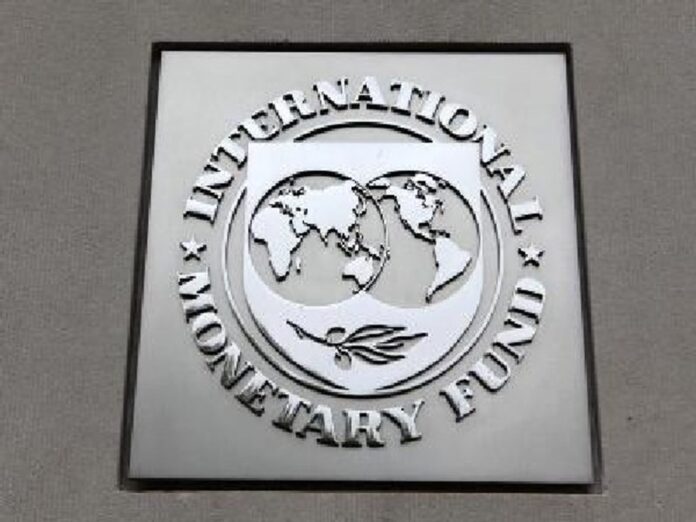As Pakistan continues to face economic challenges, the International Monetary Fund has made it tougher for the country to manage by rejecting the proposal for any tariff adjustment or provision of additional subsidy.
This occurred despite the authorities’ claims that bill collection for August was close to expectations.
In response to the IMF’s serious objections to the government’s proposal to provide relief to the poor against inflated power bills, Pakistan has requested that upcoming quarterly tariff adjustments (QTAs) and Fuel Price Adjustments (FPAs) of (PKR) 7.50 per unit be staggered over the next four to six months.
“However, Pakistan has requested the IMF for staggering of QTA and FPA over a period of four to six months so it may also require some additional cost on which both sides will have to agree upon,” top official sources confirmed while talking to The News.
According to the sources, the electricity sector’s troubles have persisted despite QTA’s mandate to raise rates by (PKR) 5 per unit in the current month and FPAs by (PKR) 2.72 per unit. In all, a rate increase of more than (PKR) 7 per unit is planned. The QTAs will be calculated using losses from the April-June period as a result of lower unit consumption, cost escalation of interest payments, and exchange rate movements.
Earlier in July, amid the economic crisis in the country, Pakistan increased the electricity base rate by Pakistani Rupees (PKR) 7.5 per unit.
The National Electric Power Regulatory Authority (NEPRA) on July 14 allowed the federal government an increase of PKR 4.96/unit in base electricity tariff.
Moreover, Pakistan’s caretaker government has already requested the power regulator to start charging another PKR 5.40 per unit quarterly tariff adjustment over six winter months starting in October instead of permissible in three months.
The main reason behind the current power tariff is current depreciation, accounting for almost 70 per cent and the government had no option at its disposal at present to control, considering the IMF programme. Further, a 10-12 per cent hike is due to interest rates and the government and the SBP’s hands are tied under the fund programme.








































